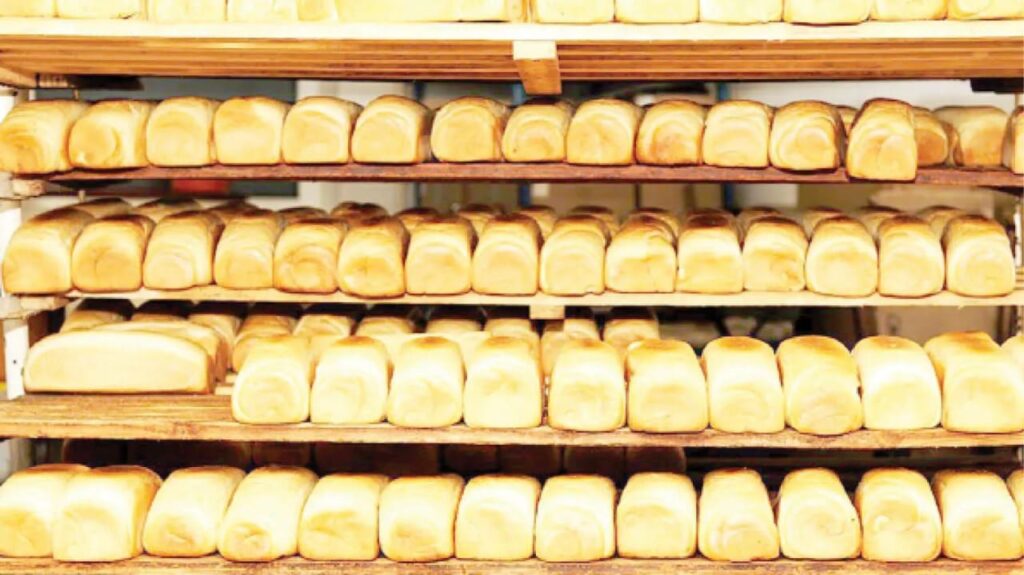The Premium Breadmakers Association of Nigeria (PBAN) has raised fresh concerns over the collapse of Nigeria’s bakery industry, revealing that more than 60,000 bakeries have shut down in the last four years due to escalating production costs, harsh loans, and worsening insecurity.
PBAN President, Engr. Onuorah Emmanuel, disclosed this in Lagos during the 2025 PBAN Day Out with the theme “The Business of Baking: Pathways to Profit, Productivity and Growth.” He warned that Nigeria risks deeper food inflation and job losses if the government fails to urgently stabilise the business environment.
According to him, the industry has shrunk drastically from over 140,000 bakeries operating before 2020 to fewer than 60,000 today.
“The finances are stifling us; interest rates are astronomical. You cannot get a single-digit loan in Nigeria. All available loans are above 30 per cent. How does any business survive that?” he queried.
‘Dependence on imported wheat killing local growth’
Emmanuel lamented that 98 per cent of the wheat used in the country is imported, despite Nigeria needing about 5.1 million metric tonnes annually.
“Nigeria produces only about 300,000 metric tonnes. How then do we talk about backward integration? Farmers in the North cannot even get to their farms without paying bandits,” he said.
He added that persistent insecurity in the northern region—the country’s top agricultural belt—has crippled efforts to grow wheat locally, forcing bakeries into deeper dependence on unstable foreign markets.
Tinubu’s wheat duty suspension helped stabilise prices
The PBAN President, however, commended President Bola Tinubu for suspending the 15 per cent wheat import duty and VAT on wheat and grains, saying the move prevented bread prices from rising multiple times monthly.
“Before that intervention, we were forced to adjust prices almost four times in a month just to remain afloat. Many bakeries had to lay off workers,” he stated.
Emmanuel described diesel expenses and the recent 2,000 per cent electricity tariff hike for Band A users as another blow to operators.
“We rely heavily on diesel because public power is unreliable. Even after the tariff increase, the voltage remains low. Solar is an option, but it is still unaffordable for most bakers,” he said.
He also faulted government’s tax-heavy policies, warning that increased taxation amid low productivity is forcing manufacturers out of business.
“Taxation does not grow an economy. You can only tax wealth after you have created it. Excessive taxes are driving businesses into collapse,” Emmanuel argued.
Chairperson of the PBAN Day Out Planning Committee, Mrs. Adijatu Olopade, said this year’s conference focused on helping members survive Nigeria’s volatile economic climate through training and innovation.
“Many bakeries collapse because they cannot adapt when the environment becomes tough. This edition is designed to equip bakers with the right tools for profitability and productivity,” she said.
Do you want to share a story with us? Do you want to advertise with us? Do you need publicity for a product, service, or event? Contact us on WhatsApp +2348183319097 Email: platformtimes@gmail.com
We are committed to impactful investigative journalism for human interest and social justice. Your donation will help us tell more stories. Kindly donate any amount HERE




